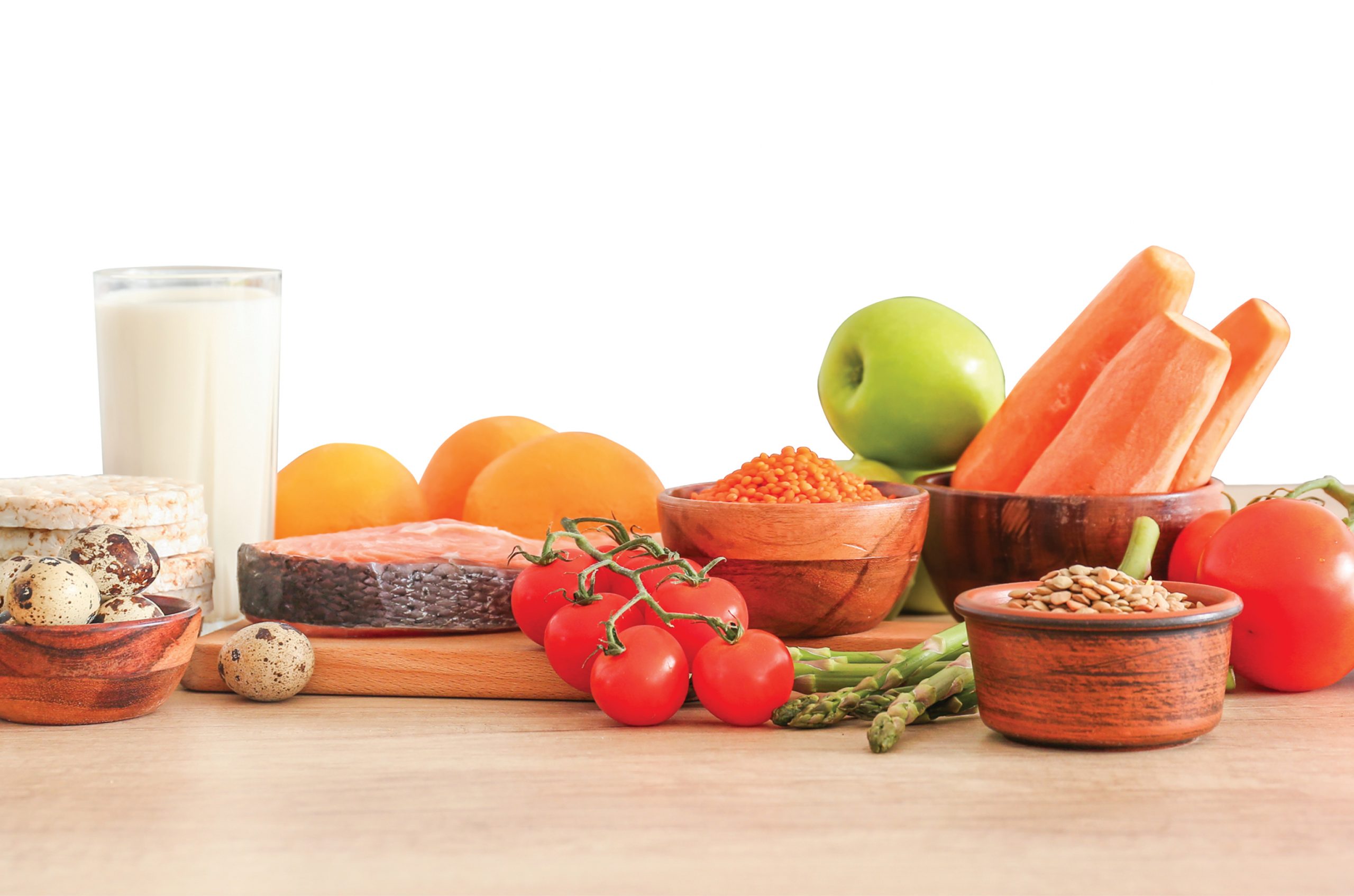Along with staying active, proper nutrition can support healthy aging. Here are some tips for what to put on your plate to ensure you can make the most of your golden years.
balance your plate
Eating a variety of foods from each food group can help reduce the risk of chronic diseases like high blood pressure, diabetes, hypertension and heart disease. To get more fruits and veggies in your meals and snacks, you can opt for frozen, canned or ready-to-eat varieties if slicing and chopping fresh ones is a challenge. Make sure you are avoiding foods that are high in added sugar, saturated fats and sodium.
maintain muscle mass
Make sure you get enough protein throughout the day. Adding seafood, dairy or fortified soy alternatives along with beans, peas and lentils to your meals can help you maintain muscle mass.
focus on nutrients
Make sure you choose foods that include the nutrients you need, such as potassium, calcium, dietary fiber and vitamins B12 and D. B12 can be especially important because our ability to absorb it decreases with age, and the use of certain medication can decrease it further. Protein and fortified foods can help you get the recommended amount. If you are considering taking dietary supplements, it’s important to discuss them with your health care provider.
drink plenty of liquids
As we age, we can lose some of our sense of thirst. It’s important that we continue to regularly drink water throughout the day. To avoid dehydration, low- or fat-free milk, fortified soy beverages and 100% juice also are options. Beverages with lots of added sugars or salt should be avoided.
think about your teeth
Our teeth and gums change with age, and we may not be able to chew everything we could when we were younger. People with dental problems sometimes find foods like fruits, vegetables or meats difficult to manage, but it’s important not to miss out on the nutrients they provide. Look for softer alternatives like steamed veggies, canned unsweetened fruit, low-sodium soups or canned tuna.
practice safe preparation
If you are 65 or older, you’re at higher risk for serious complications, including hospitalization and death, from foodborne illnesses. This is for a variety of reasons, including food being held longer in the gastrointestinal tract, allowing bacteria to grow; the liver and kidneys not properly ridding the body of bacteria and toxins; the stomach not producing enough acid; and underlying chronic conditions like cancer and diabetes. Make sure food is properly refrigerated; separate items like raw meat, poultry and seafood so they don’t spread bacteria; make sure food is always cooked to the correct internal temperature; and always wash your hands.
eat socially
Meals are more enjoyable when shared with others, so make eating a social event. Invite a friend to join you for a meal at least twice a week, or check with community centers or places of worship for opportunities to eat with others. If you’re in a senior living community, enjoy lunch and dinner with your neighbors in communal dining spaces.








